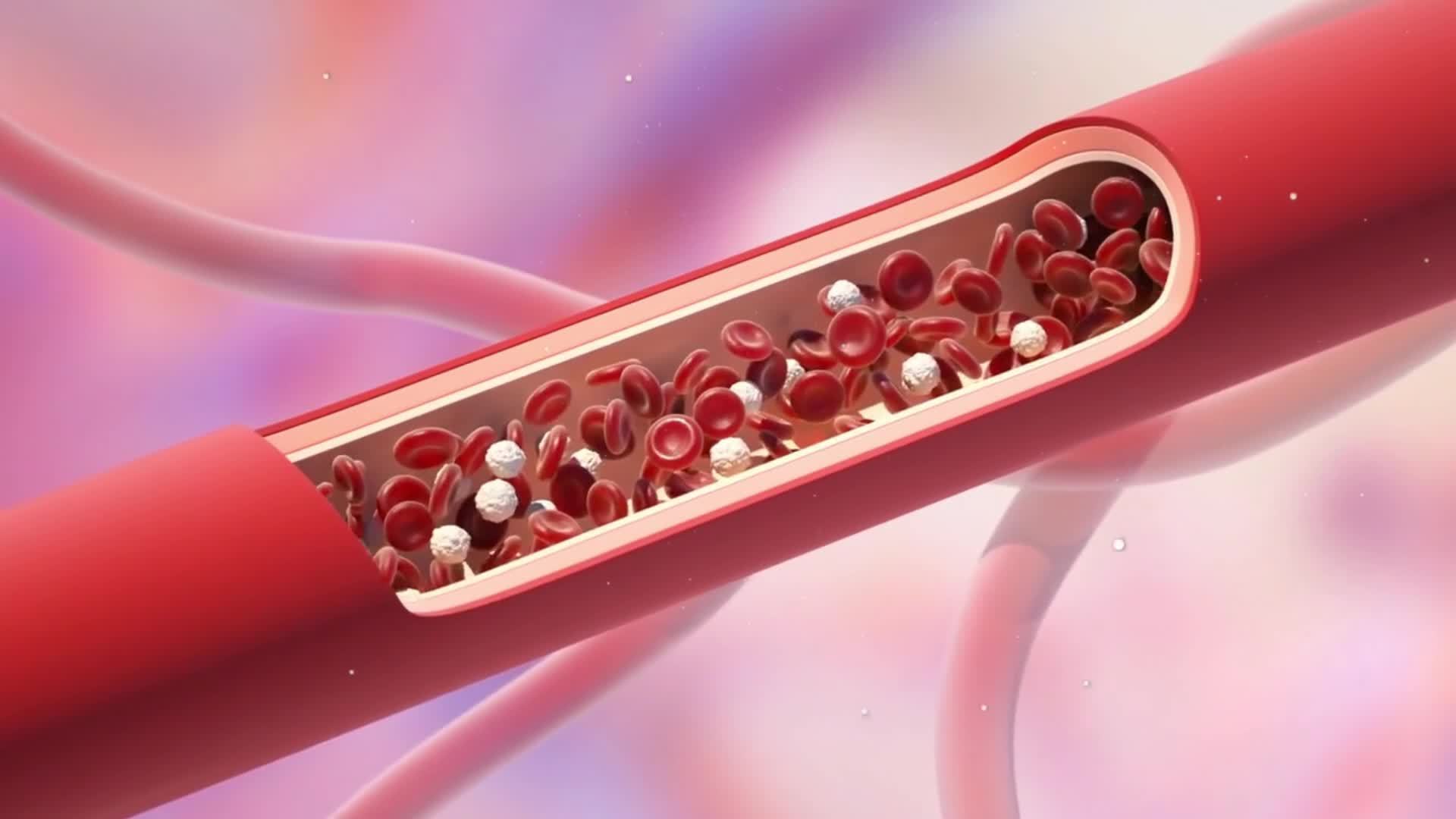Surprising Facts About Your Body’s Superhighways

Ever wondered why your doctor checks your blood pressure at every visit? Or why you keep hearing about “clogged arteries” on health commercials? The truth is, most of us don’t think twice about our arteries—until there’s a problem. But these incredible blood vessels are silently working for you every second, carrying life to every corner of your body.
If you’ve ever skipped a walk or opted for fries over salad, you’re not alone. It’s easy to forget how daily habits can shape the health of your arteries. But small changes really can make a big difference for these vital lifelines.
How Arteries Keep You Alive: The Body’s Highway System
Think of your arteries like a network of highways. Just as highways deliver cars and goods to cities and towns, your arteries deliver oxygen-rich blood from your heart to every organ and cell. This blood carries the oxygen and nutrients your body needs to move, think, and heal. Without healthy arteries, your body’s “deliveries” slow down or even stop, causing big problems.
Arteries are strong, flexible tubes. Their walls expand and contract with every heartbeat, helping to keep blood flowing smoothly. If these arteries become stiff, narrow, or blocked, it’s like a traffic jam on your body’s main roads. The longer that jam lasts, the more danger your organs are in.
3 Artery Problems You Shouldn’t Ignore
- Atherosclerosis (Hardening of the Arteries): This happens when fatty deposits (called plaque) build up inside your artery walls. Over time, this narrows the passageway and makes it harder for blood to flow. It’s mainly caused by high cholesterol, high blood pressure, and smoking. If ignored, it can lead to heart attacks or strokes, since blood can’t reach important organs.
- High Blood Pressure (Hypertension): When your blood pushes too hard against artery walls, it can damage them. Imagine blowing up a balloon until it’s overstretched—that’s what uncontrolled blood pressure does to arteries. Damaged arteries are more likely to clog or burst, leading to serious health scares.
- Aneurysm: This is a weak spot in an artery wall that bulges out, sort of like a worn section in a garden hose. If an aneurysm bursts, it can cause life-threatening bleeding. Most people don’t feel any symptoms until it’s serious, which is why regular checkups matter.
Artery Health: Myths vs. Facts
-
Myth: “Only older people need to worry about artery problems.”
Truth: Artery issues can start developing in your 20s and 30s, especially if you have unhealthy habits. Early care means better protection later. -
Myth: “If I feel fine, my arteries must be healthy.”
Truth: Most artery problems don’t cause symptoms until they’re advanced. Regular checkups and healthy habits are your best defense.
6 Steps to Happier, Healthier Arteries
- Move Your Body Daily: Physical activity helps keep artery walls flexible and reduces fatty buildup. Even a brisk 30-minute walk every day can improve blood flow. Try fitting in movement by taking the stairs or doing chores with extra energy.
- Eat More Colorful Fruits and Veggies: These foods are packed with antioxidants and fiber, which help sweep away cholesterol and keep arteries clear. Aim for at least 5 servings a day—think of adding berries to breakfast or a salad to lunch.
- Limit Saturated and Trans Fats: Fats from red meat, butter, and processed foods can raise bad cholesterol, which clogs arteries. Swap in olive oil, nuts, or avocado for healthy fats most days of the week.
- Don’t Smoke—And Try to Avoid Secondhand Smoke: Smoking damages artery walls and speeds up plaque buildup. If you smoke, talk to your doctor about quitting. Even cutting down helps, and avoiding smoky places protects your arteries too.
- Manage Stress: Chronic stress can raise blood pressure and harm your arteries. Regular deep breathing, hobbies, or time with friends can make a real difference. Set aside 10 minutes a day just for relaxation.
- Know Your Numbers: Get your blood pressure, cholesterol, and blood sugar checked regularly. Knowing your numbers helps you spot problems early and stay on track.
Warning Signs It’s Time to Talk to a Doctor
- Chest Pain or Pressure: This could mean your heart isn’t getting enough blood. Don’t wait—chest pain always deserves quick attention to prevent a heart attack.
- Sudden Weakness, Numbness, or Trouble Speaking: These are warning signs of a possible stroke. When blood flow to your brain is blocked, every second counts.
- Severe Headache or Fainting: These symptoms could signal a burst artery or aneurysm. Get emergency help right away to reduce the risk of lasting damage.
Daily Check-In: Are You Protecting Your Arteries?
- ☐ Did I move my body for at least 30 minutes today?
- ☐ Did I choose fruits or veggies at every meal?
- ☐ Did I avoid smoking or secondhand smoke?
- ☐ Did I take a moment to relax and manage stress?
- ☐ Do I know my latest blood pressure and cholesterol numbers?
Your Best Investment: Stronger Arteries, Stronger Life
Your arteries are the highways that keep your body running. Protecting them isn’t about big changes—it’s about daily choices that add up. Eat well, move more, and check in with your body. These simple steps can help you avoid big problems and enjoy a healthier, more active life. Remember: every healthy habit you build today is a gift to your future self. You’ve got this!